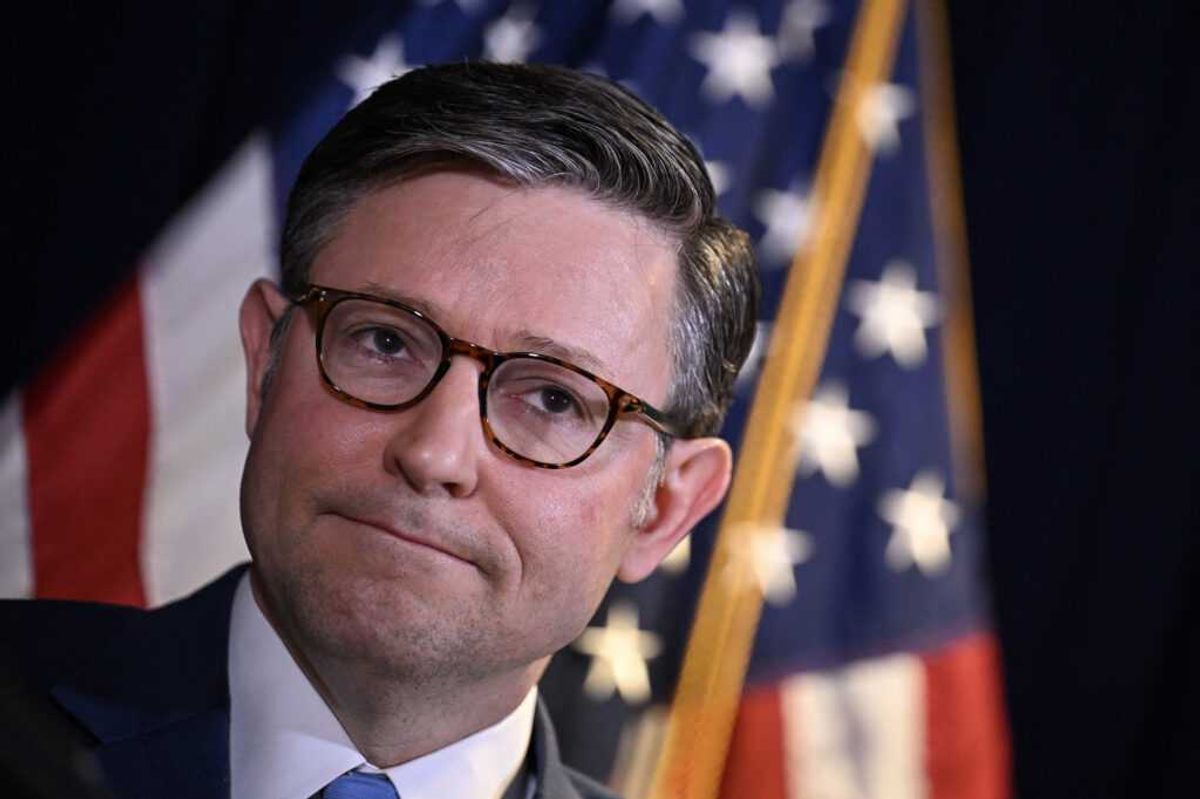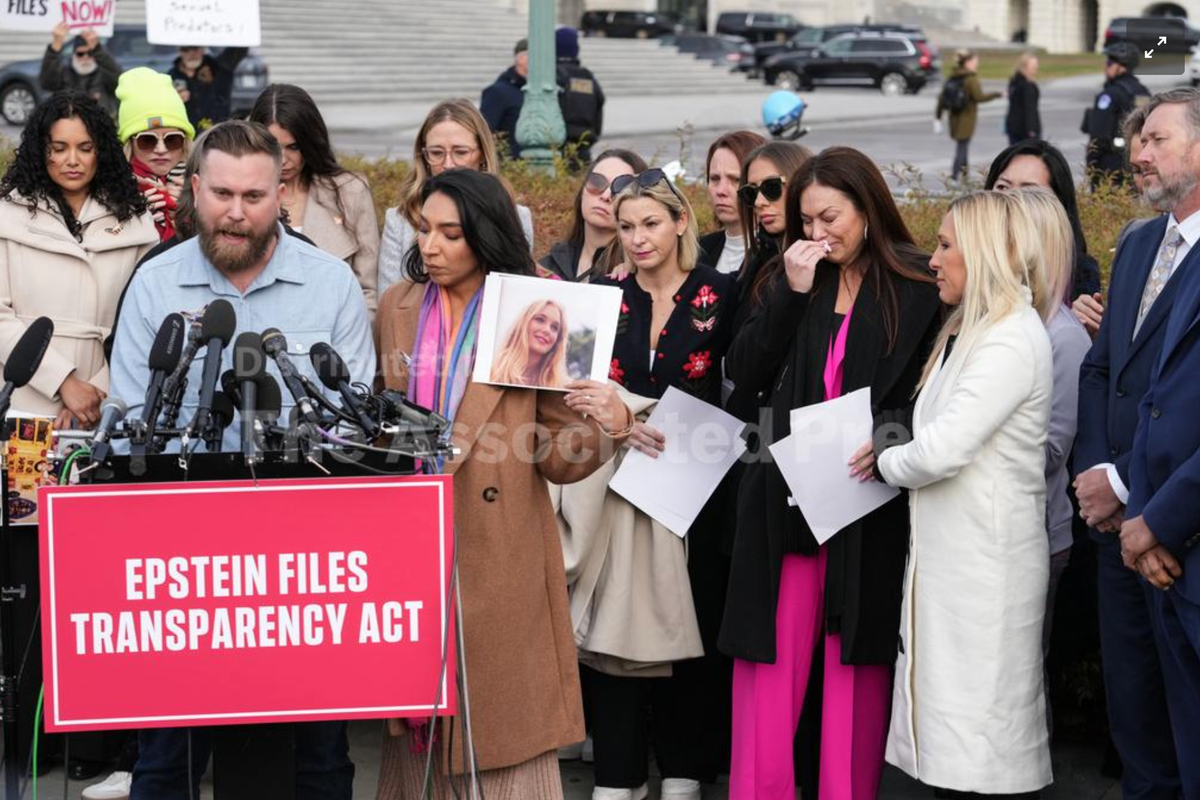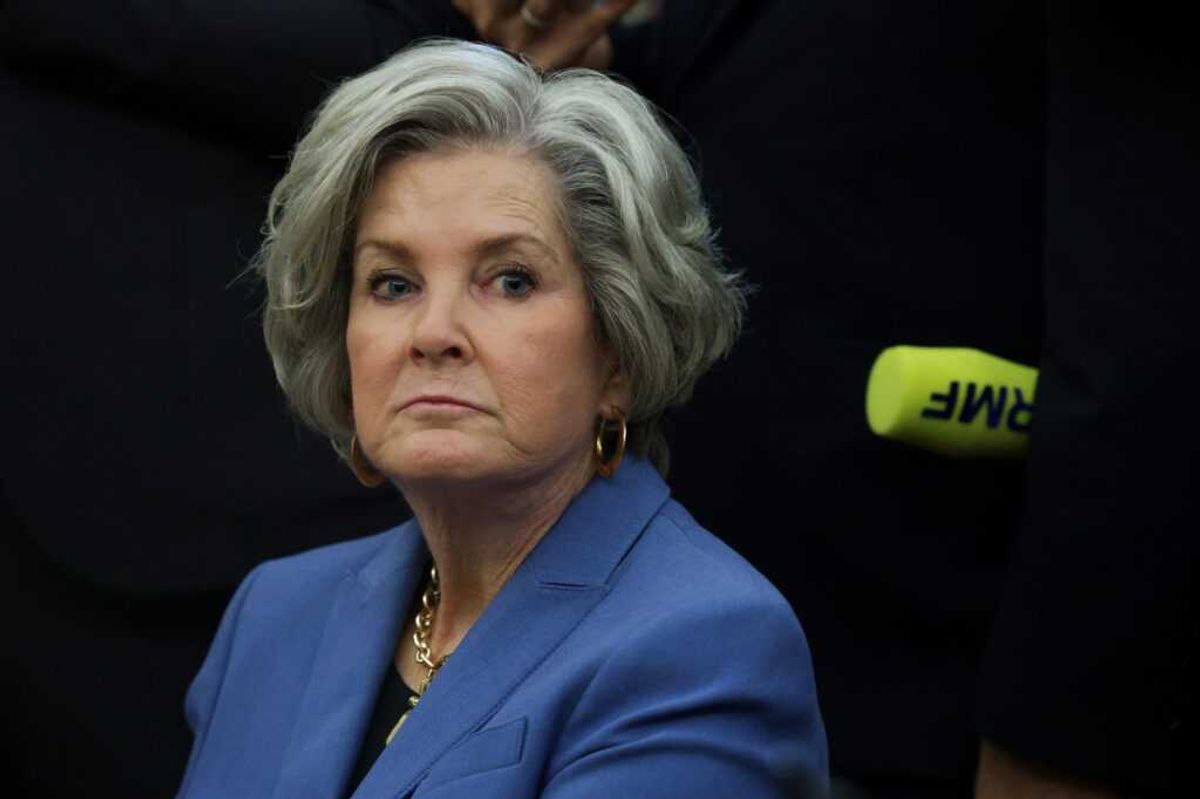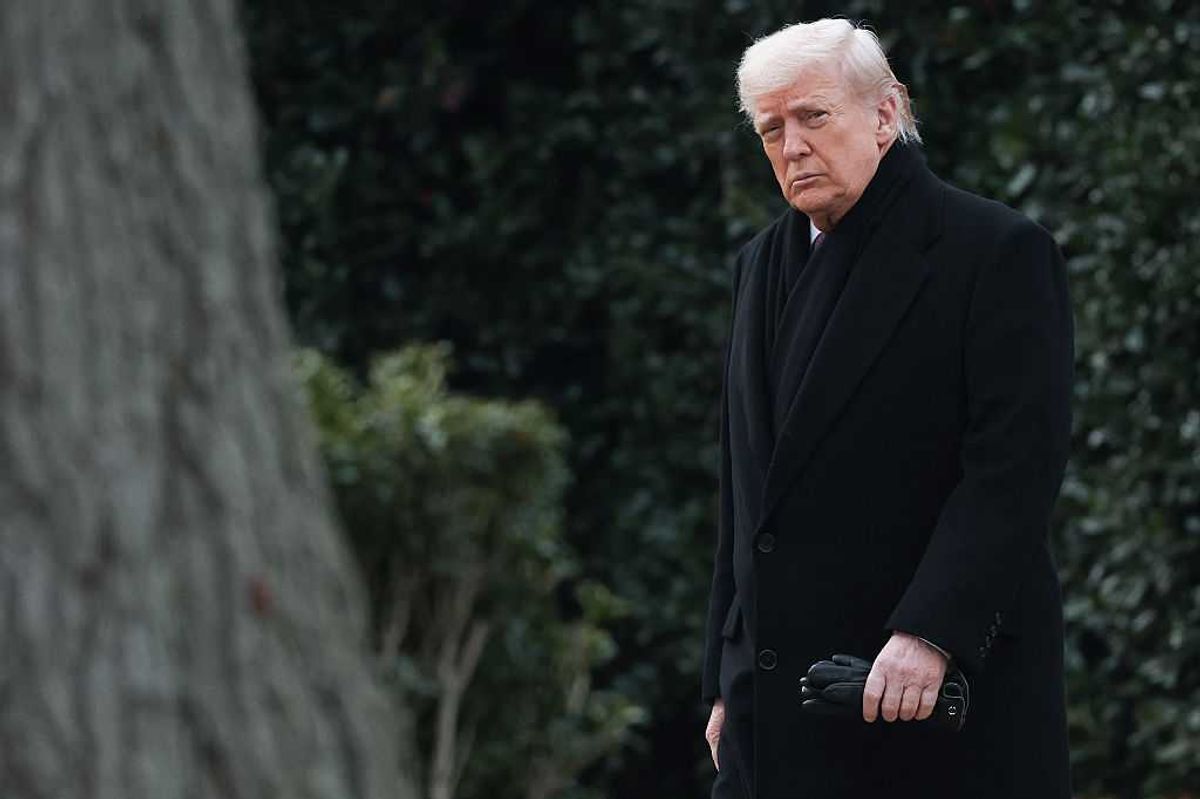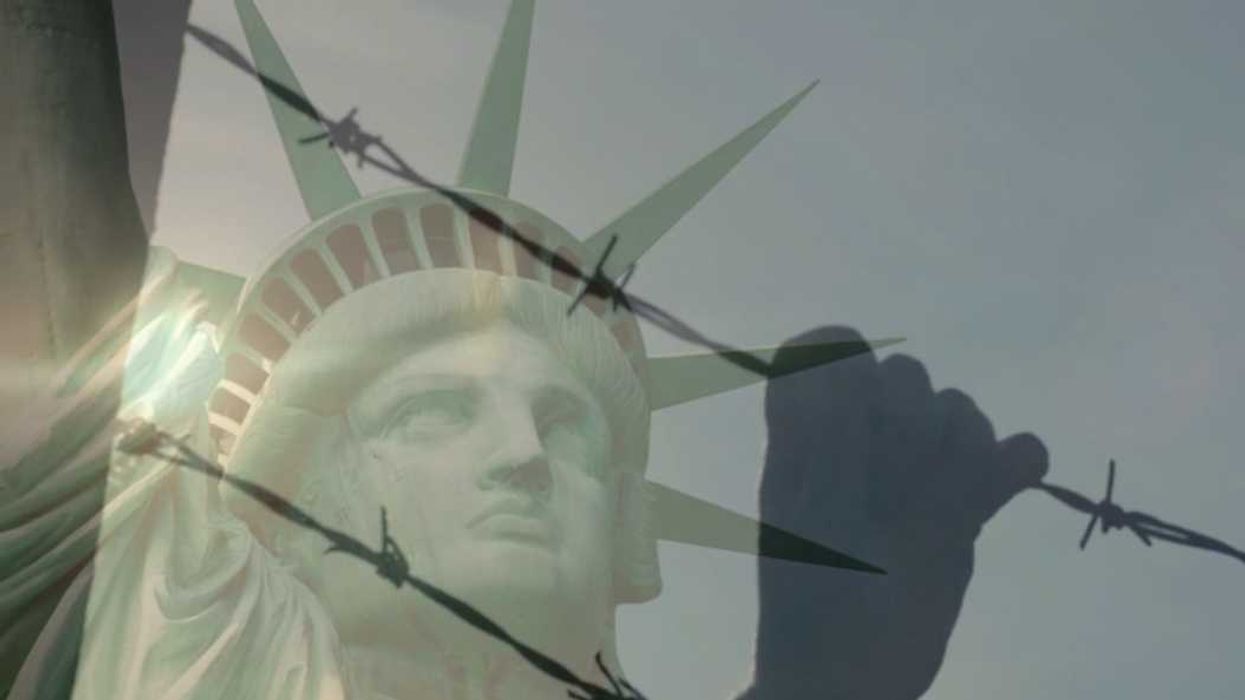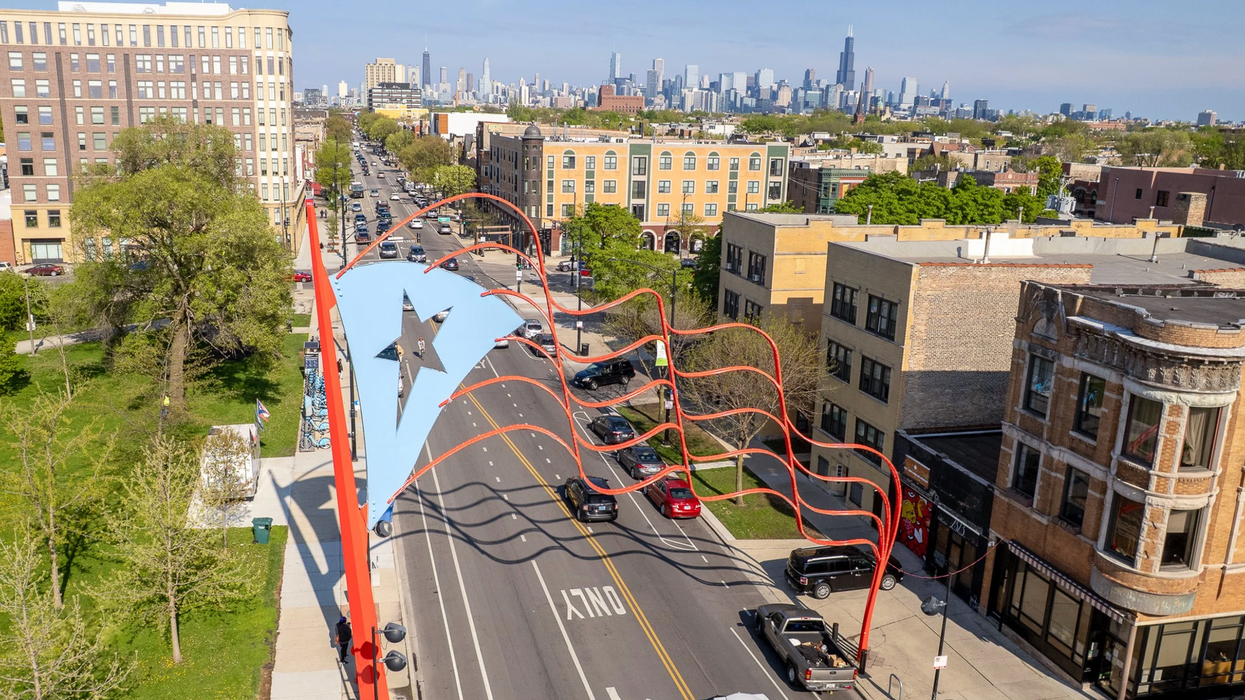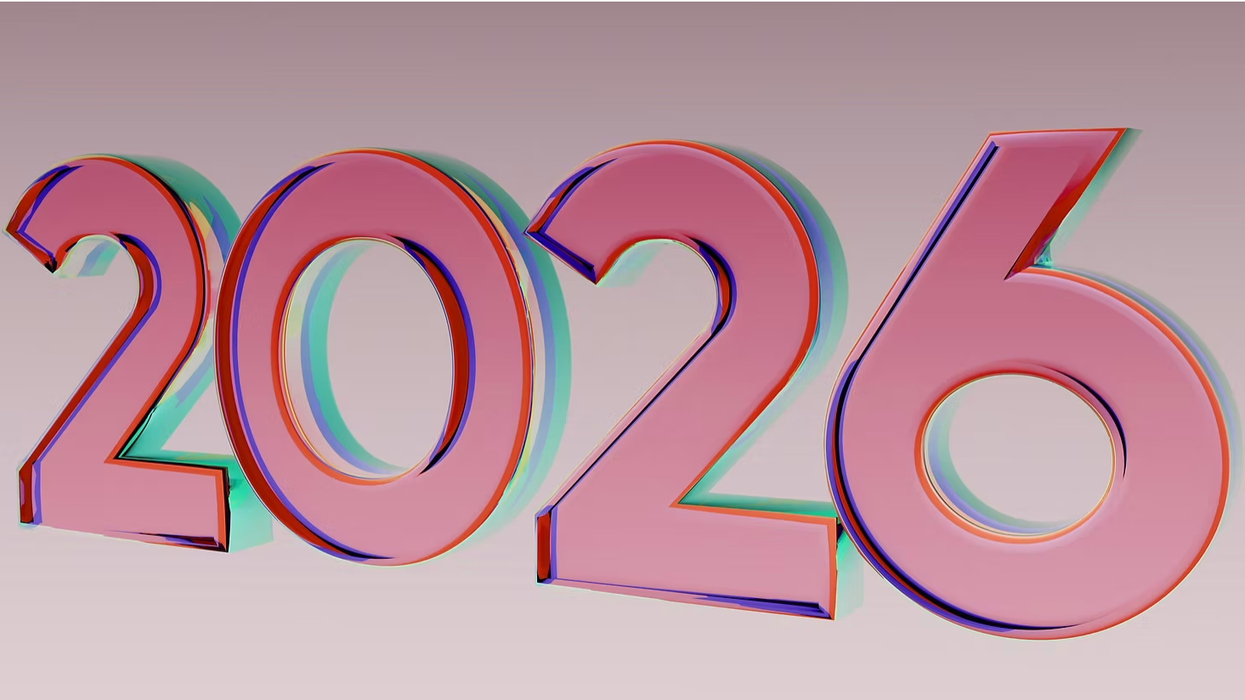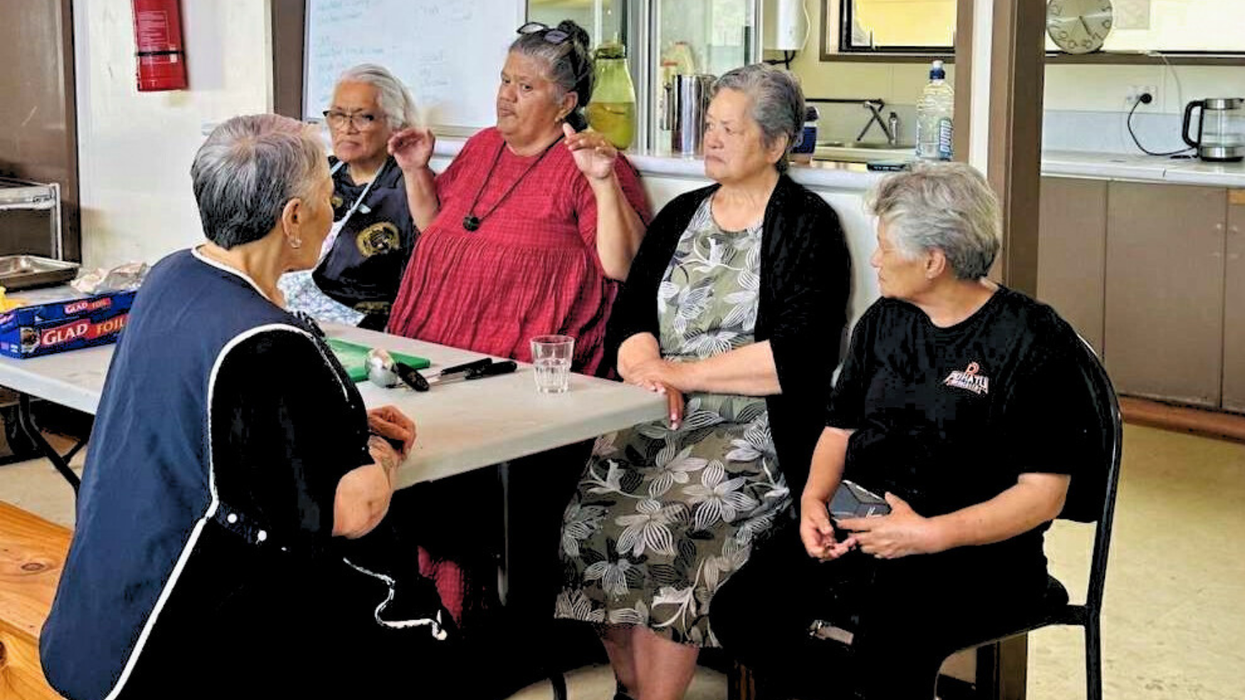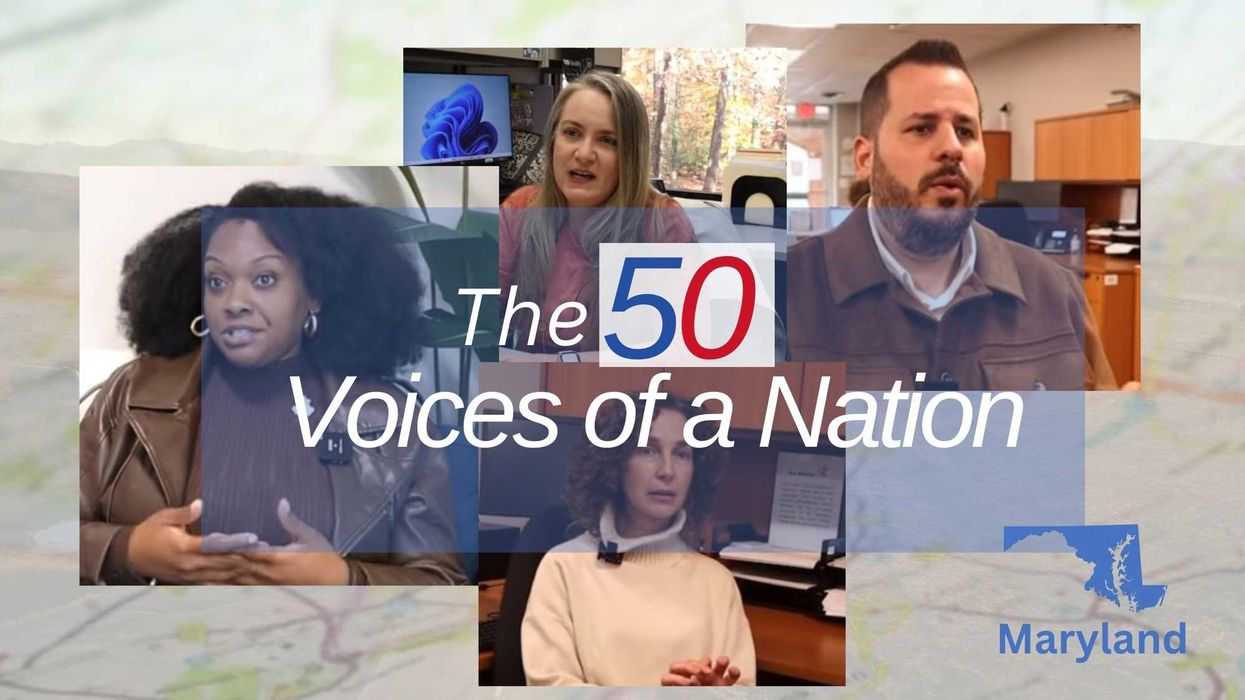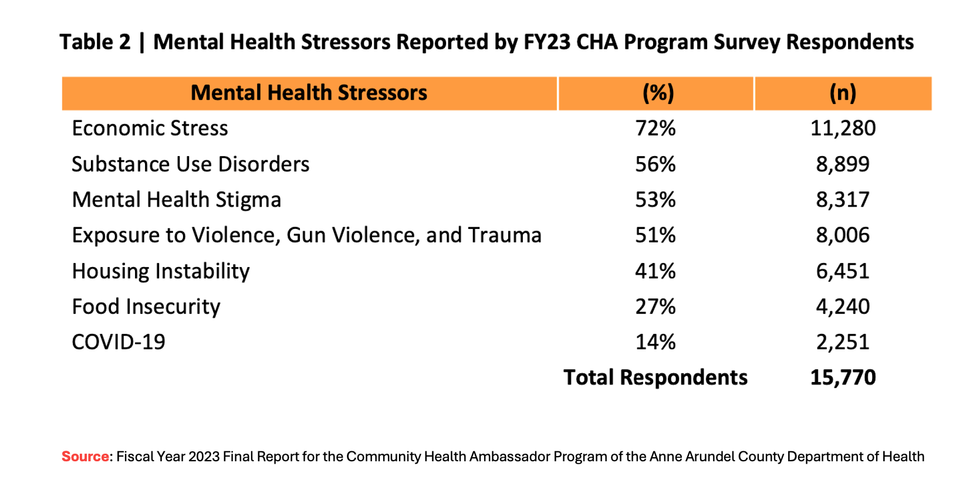What is the point of a good education? Do we need it to learn a narrow set of skills to help us get ahead in the workplace, or should knowledge and learning be used over a lifetime to acquire wisdom that enables us to think more deeply about our place in the world?
These questions have profound resonance at a time of angry divides over American politics and moral confusion at elite American universities. The president of Harvard, Claudine Gay, resigned after months of campus unrest and controversy. In December, Gay and two other university presidents faced widespread criticism for their testimony at congressional hearings about antisemitism on their campuses.
In this episode of “How Do We Fix It?” we hear from a university educator who makes the case for liberal education that gives students the tools needed to have a deeper sense of purpose. Roosevelt Montás is the author of "Rescuing Socrates: How The Great Books Changed My Life And Why They Matter For a New Generation."
He believes that the ideas and writings of Plato, Socrates, Shakespeare, Ghandi and many others aren't just for a few privileged students. They're for everybody, and that encountering these thinkers as a poor immigrant teenager changed his life.
Montás is senior lecturer in American studies and English at Columbia University, and director of the Center for American Studies Freedom and Citizenship Program, which introduces low-income high school students to primary texts in moral and political thought. He also offers seminars such as “Freedom and Citizenship in the United States.” From 2008 to 2018, he was director of Columbia’s Center for the Core Curriculum.
"There is a prevailing cultural attitude that liberal education— the study of literature and philosophy — is appropriate only to the elite," Roosevelt says. "That is a really pernicious idea." He argues that the students who benefit the most from the foundational wisdom in the "great books" come from poor and marginalized backgrounds.

